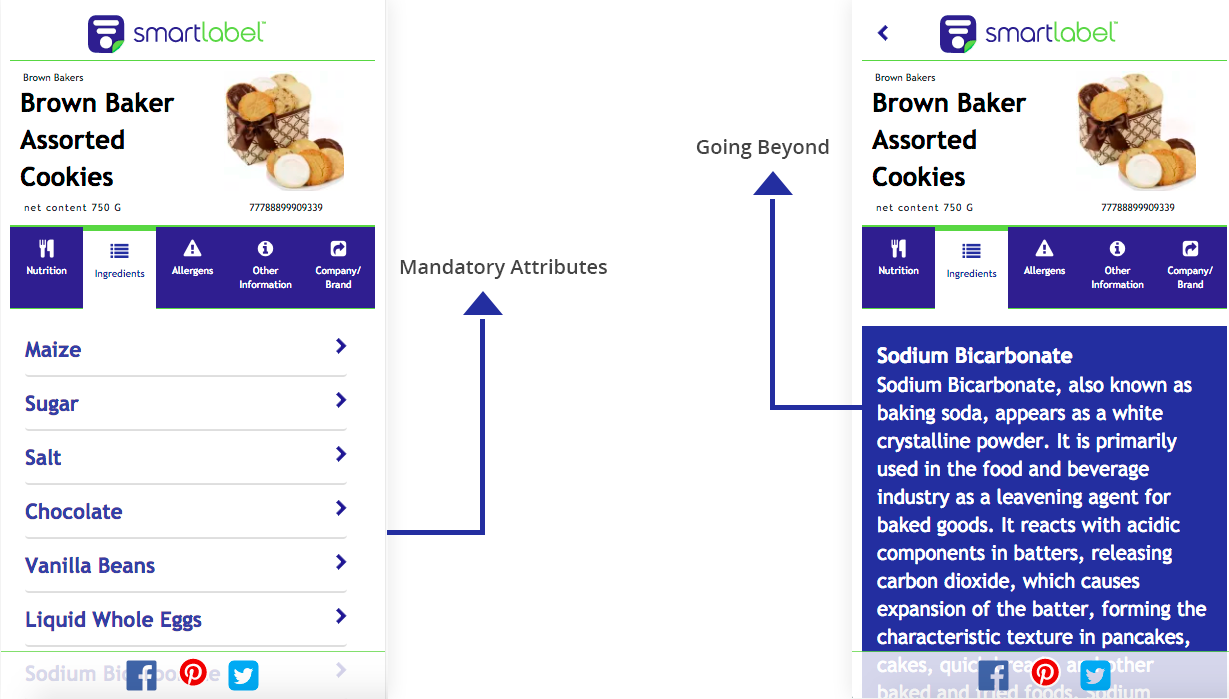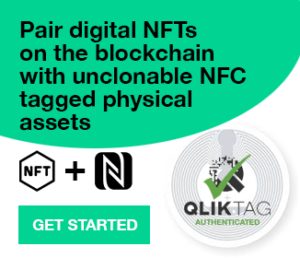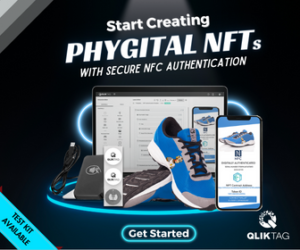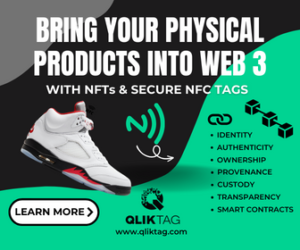The SmartLabel™ solution gathered substantial momentum over the last year and key CPG brands have joined the consumer transparency initiative.
The GMA SmartLabel initiative came at the right time. Consumer transparency expectations are at an all-time high in both consumers and brands alike. Although SmartLabel™ is still in its initial stages as far as implementation goes, more than 30 major companies have already committed to using SmartLabel™ and by the end of last year, more than 34,000 products are recorded to have ingredient information in the consistent SmartLabel™ format.
When the SmartLabel™ initiative first kicked off, it was seen more as a compliance medium for the GMO labelling regulations that went into effect. A number of consumer brands approached it from the point of view of using SmartLabel™ simply to comply with the regulation, supply mandatory attributes, GMO disclosure and deploy them on their products.
While the USDA is still finalizing the details regarding the GMO information disclosure clause regarding the SmartLabel™, there is a greater opportunity that lies in the SmartLabel™ design that brands and manufacturers should leverage – providing deeper & richer product information to consumers.
As we see it, there are two ways of going about this:
The first comprises of simply offering the mandatory product attributes to consumers regarding nutrition, ingredients, allergens, and other information about the GMO disclosure and the company brand information that’s mostly available off a physical print label.
The second would include offering information on a deeper level that goes beyond what a print label can carry and offers more information to consumers. This is where brands can optimize their product information and further educate their customers. The SmartLabel™ can be an opportunity for brands to engage customers through richer information on ingredients, certifications, health claims etc, among other focus areas.
With SmartLabel, brands have an option to put in deeper, more descriptive ingredient information. For example, providing detailed information regarding what each ingredient is, where it comes from, what role it plays, offers a deeper level of transparency to consumers. Perhaps going a step forward with augmenting basic attributes with additional information, pictures, details, and certification description will provide an edge to brands and help them connect with today’s consumer demands for more information.
The increasing thirst for knowledge among today’s consumers requires brand owners to not just provide information on the mandatory aspects but be more transparent with products information. Going beyond the basic attributes and product information requirements is where the real value lies for brands to offer complete transparency to consumers.

Going beyond the expected with Smartlabel
Greater transparency can only be achieved by providing a holistic view of product information beyond the mandatory attributes and going a step further with offering more to consumers.



